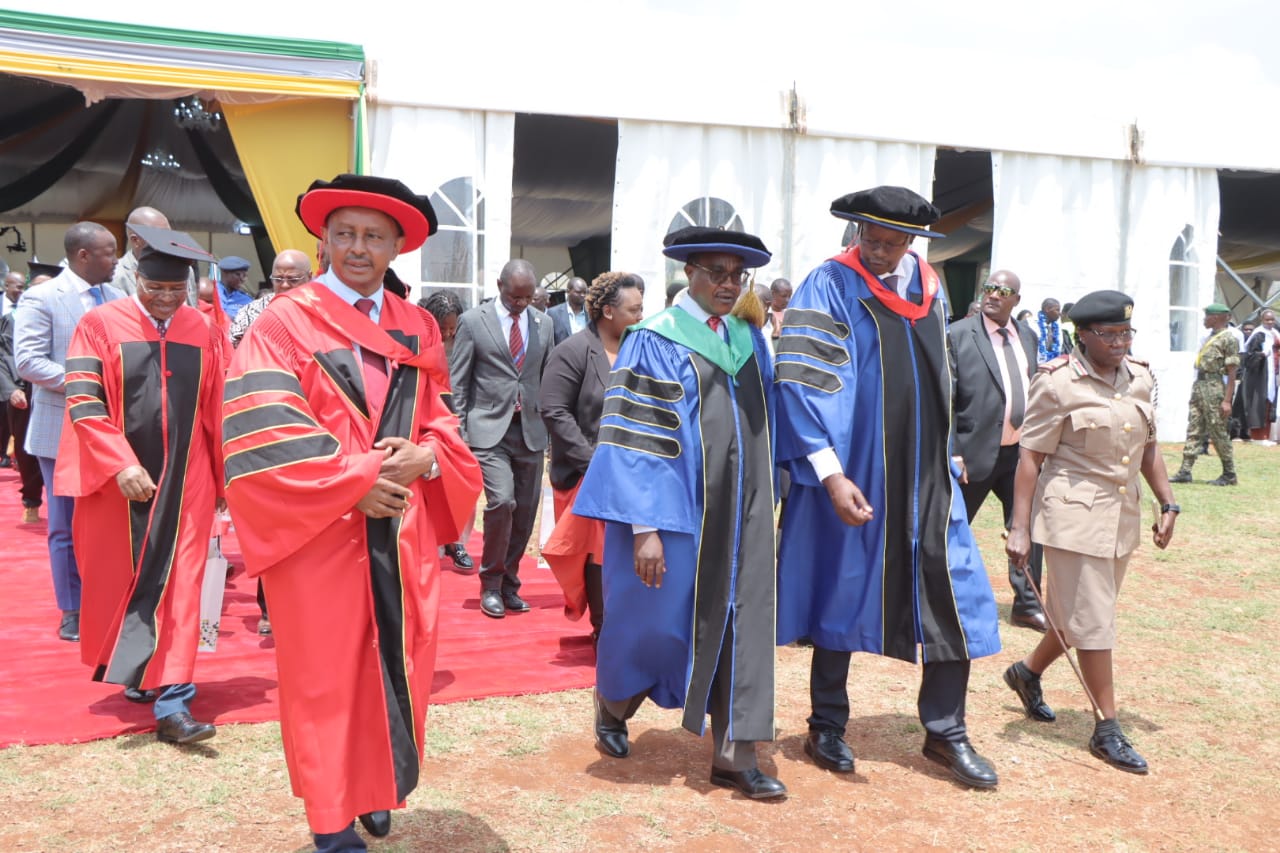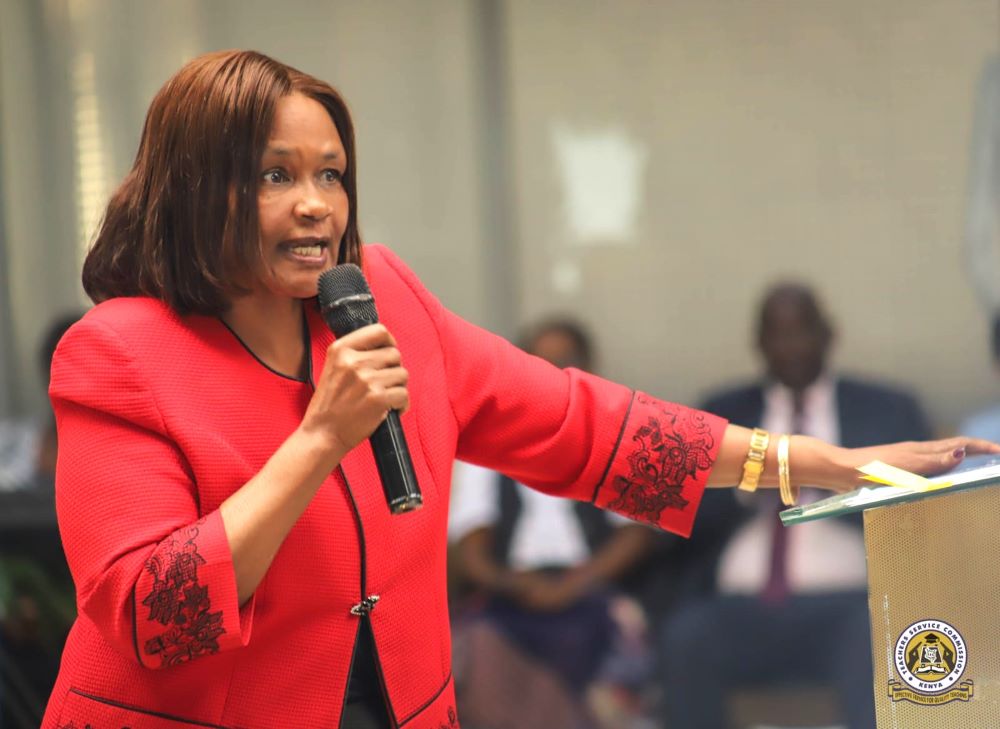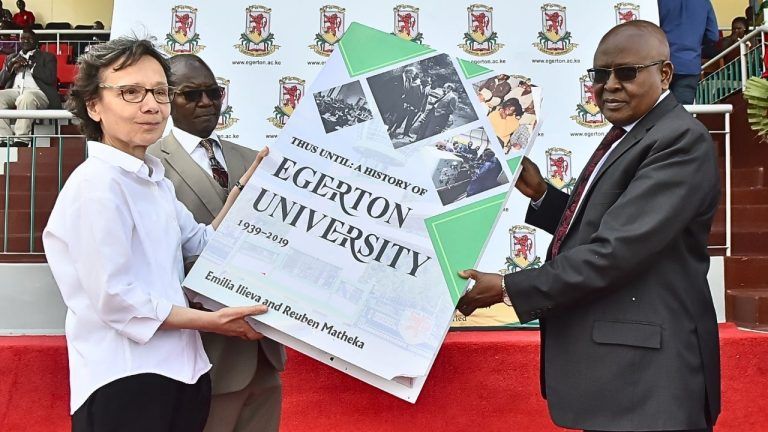By Education News reporter
Education Cabinet Secretary Ezekiel Machogu has announced that the embattled Technical and Vocational Education and Training Curriculum Development, Assessment and Certification Council (TVET-CDACC) will be revived back to life to specifically focus on the TVET curriculum.
Speaking at the Kenya School of TVET (KSTVET) formerly Kenya Technical Trainers College (KTTC) on February 15, 2023 during a meeting with TVET bosses, Machogu noted that TVET-CDACC will soon be re-established and re-constituted adding that the recent move that were meant to disband the council were ill-advised.
Machogu stated already Kenya National Examination Council (KNEC) is overburdened while the Kenya Institute of Curriculum Development (KICD) is positioned to specifically deal with curriculum in basic learning institutions.
“We are already in the process of allowing the mandated body (CDACC) to develop curriculum for our institutions,” Machogu said.
The same was echoed by TVET Principal Secretary Dr. Esther Muoria during the meeting that brought together all Principals of National Polytechnics, Institute of Technology, Technical training Institute (TTIs), Technical and Vocational Colleges (TVCs) and senior officers in the State Department of Vocational and Technical Training.
In 2022, there was a proposal to transfer functions from the TVET-CDACC to KICD, which couuld have seen the powers to develop curriculum in TVET institutions transferred to KICD and KNEC.
TVET Act 2003 states that the functions of the Council include undertaking design, developing curricula for TVETS and making rules concerning examinations.
CDACC is also mandated to issue certificates, promote recognition of its qualifications in foreign systems and investigate cases involving exam indiscipline.
The council consists of a chairman appointed by the CS, TVET PS, TVET Authority Director-General and six members appointed by the CS.
Curriculum Reforms
Machogu also urged the TVET principals and managers to ensure they put more emphasis on enrolling in the Technical Courses as opposed to Business Courses since that is the area where the country’s economy has an acute shortage of skilled labour.
He also urged them to incorporate entrepreneurship as an aspect in the technical training to ensure that trainees are empowered to create and seek opportunities related to their skills.
Dr. Muoria stated that after reinstating TVET CDACC, the government will fully embark on the journey of curriculum reforms in TVET to ensure students take 70 per cent training in the industry and the remaining 30 per cent in business related courses.
On the other hand, Machogu challenged the National Polytechnics to improve on Innovation, Research and linkages where they had a modest average score of 72 per cent in the recent TVET Authority (TVETA) Quality Audit Report for Public and Private TVET Institutions for the 2021/2022 Financial Year (FY).
“The National Polytechnics, being the apex institutions in the TVET sector, must be the leaders in Innovation, Research and Industrial Linkages. The Public TVCs, on their part should also foster collaboration with the National Polytechnics in this area so that they can improve on their score which, stands at 44 per cent,” said Machogu.






